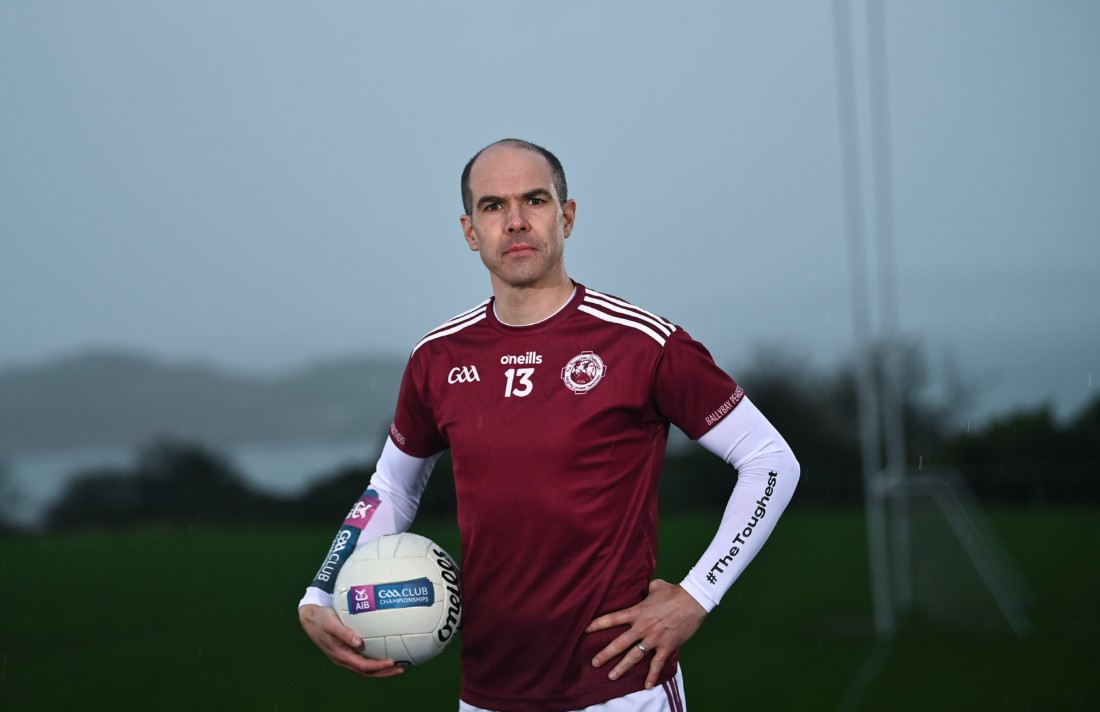MONAGHAN champions Ballybay had a great win versus Crossmaglen last weekend in the Ulster Club championship. Instrumental in this win was ex-Monaghan intercounty player Paul Finlay at the ripe old age of 39.
There have been many other elder statesmen performing well for their clubs throughout the country, which is nearly taken as a surprise. There is the expectation that once you reach mid-thirties you are done, unable to play and compete any more.
The average age of intercounty squads is lower now than a few years back I would imagine, due to the commitment involved and physical excellence required. Nevertheless you have to admire the likes of TJ Reid and Niall McNamee, not just playing but performing at the highest level of our games.
The first big part of this continued excellence is a pure love of the game and commitment to just doing things better. Those factors combined provide great excitement, fun, and internal motivation to consistently train and prepare at a high level. Also suitable work and family support can help massively in the ability to train and play over a longer period.
One of the big issues particularly at club level can be detraining. Many young players, once training and playing matches regularly, can stay in respectable physical condition, despite poor nutritional habits and lifestyle choices.
Once the playing season is complete is where the problems start. Increase in bodyfat can be an issue as players are consuming extra calories while burning less due to the cessation of the season.
Players are amateurs and all players should have an off-season where no training is completed for a few weeks. This is for both mental and physical recovery. Also some players find it stressful to commit to a healthy lifestyle the whole round so there needs to be a period where a players is not as concerned about hydration, protein consumption, and limiting intake of junk food.
That is fine for the dedicated player living a healthy lifestyle but where it becomes a problem is for the player whose nutritional and lifestyle choices are similar the year round. It is many of these players who end up finishing playing earlier. They enjoy playing and winning but a cycle of injury, sub-standard fitness, and reduced playing time ultimately brings their favourite hobby to an end prematurely.
In contrast there’s the likes of the Paul Finlay who continues to perform at a high level, I imagine he has consistently looked after himself over a long period which ensures training is easier and recovery is faster than what might be expected at his age.
Yes physical capacities will degrade eventually but the older player can make up for this by their positioning, decision making, and skill execution on the pitch. Strength and conditioning, and improving physical capacities, is very important to performance but we all can think of players who were at the top in fitness, strength, power but were average players on the field.
I remember been told once a story about Robbie Keane’s time playing in the MLS. The American’s are big into fitness so Keane was nor the fittest or the fastest. Keane was still the best player though, as he could anticipate and read the game quicker than the players around him.
Looking forward, firstly, rather than looking surprised that a perceived older player is continuing to perform, more focus should be on educating our young players to ensure they not only perform now but also continue over a longer period. This is not about sacrifices but rather just building good habits and looking after yourself better.
Secondly as it is that time of year where workshops are to the fore, think how can we give our players a better set of eyes. Yes as coaches we all get excited with a new game game or drill, myself included, but more thought need to go into how to we improve a player’s ability to read the game and be in the right position at the right time.
Good coaching combined with appropriate physical preparation and recovery. A potent mix.
Receive quality journalism wherever you are, on any device. Keep up to date from the comfort of your own home with a digital subscription.
Any time | Any place | Anywhere












